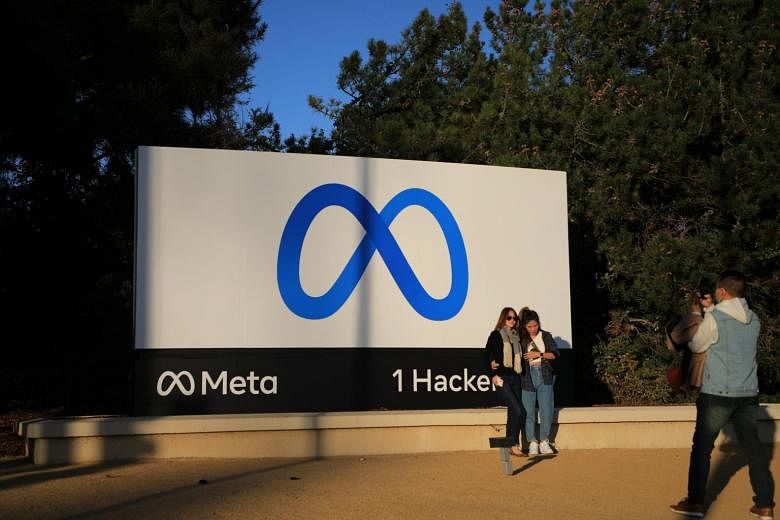NEW YORK (BLOOMBERG) - Online misinformation has resulted in worsening public health, a slower response to climate change and an undermining of democracy, according to a report from the Aspen Institute's Commission on Information Disorder that calls for sweeping reforms to address the threat.
The report recommends a broad framework of change that includes establishing a coordinated federal government approach to misinformation and disinformation, amendments to Section 230 of the Communications Decency Act of 1996, and greater platform transparency and action.
The commission based its conclusions on internal discussions over the past six months with research that included more than 500 pages of news articles, academic papers, reports and opinion pieces, as well as the input of experts, community leaders, researchers, academics, lawmakers and technology industry representatives, the group said in a statement Monday (Nov 15).
"Our goal was to develop a well-researched road map with real-world solutions that leaders from every sector and institution in our society can use to tackle information disorder," Ms Katie Couric, media personality and journalist, and one of the report's three co-authors, said in a statement.
"Now we need government, the tech companies, community leaders, and others to act."
The Aspen Institute's report comes as the world's biggest technology companies are under increased scrutiny around the world. Meta Platforms, the company formerly known as Facebook, is currently embroiled in the fallout from the release of internal documents disclosed by former product manager-turned-whistle-blower.
Critics accuse Meta of misleading investors and the public about its efforts to fight hate speech, misinformation and other problematic content. It also faces questions about how the platform was used to organise the Jan 6 attack on the US Capitol.
Meta changed its name as it shifts focus to the so-called metaverse - a three-dimensional virtual world where businesses, information and communication tools are immersive and inter-operable.
"There's no question bad actors will try and exploit the platform, perhaps in new and even scarier ways," said Mr Chris Krebs, founding director of the US Cybersecurity and Infrastructure Security Agency who co-wrote the report.
"Industry has an opportunity and an obligation to be proactive to limit societal harms innovations may bring forth."
Colour of Change President Rashad Robinson, another author of the report, said misinformation has also convinced more people that "racially-targeted attacks are solutions rather than problems".

